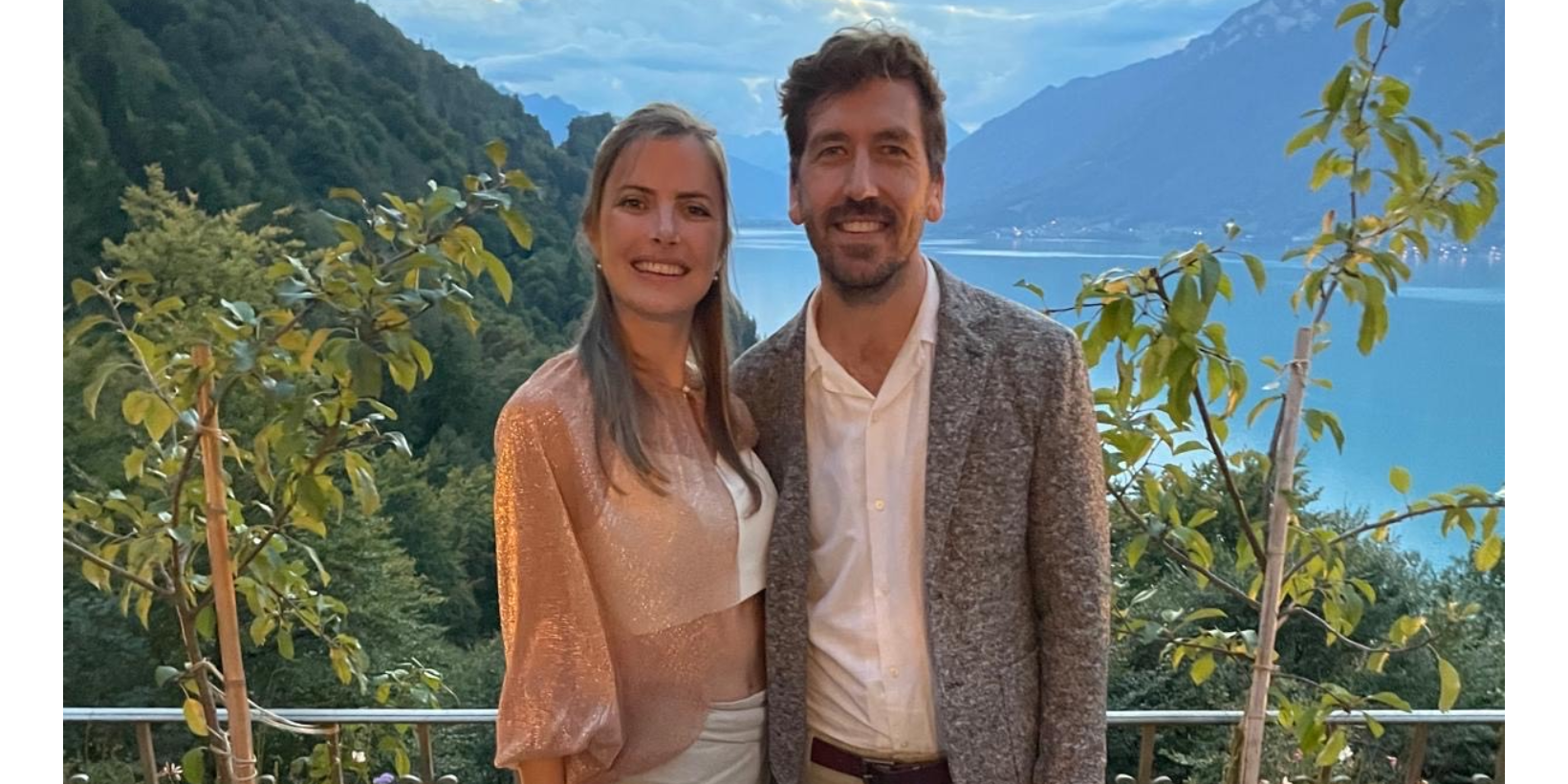Some two years ago Dr Silvan Haemmerli listened to a podcast about Dr Hermann Oberli’s work in Solomon Islands.
Dr Haemmerli, a medical specialist in General Surgery, from Zurich, Switzerland, was inspired by what he heard.
“I was really inspired by his story and his work and so I contacted him and asked if he thinks I can use my service in the Solomons,” Dr Haemmerli stated.
“Dr Oberli said, ‘absolutely, you should go’.”
In fact, Dr Haemmerli and his partner Dr Anne Grossman, also a medical officer and currently a Urology Resident at the University of Zurich, had been planning to take time off work to travel.
“I’ve always wanted to see a bit more of the world…I’ve always felt like there is more out there – there’s different ways of doing things, different people living different lives under different circumstances so I’ve always wanted to see more of that so we decide to take time off from work back home and start travelling.
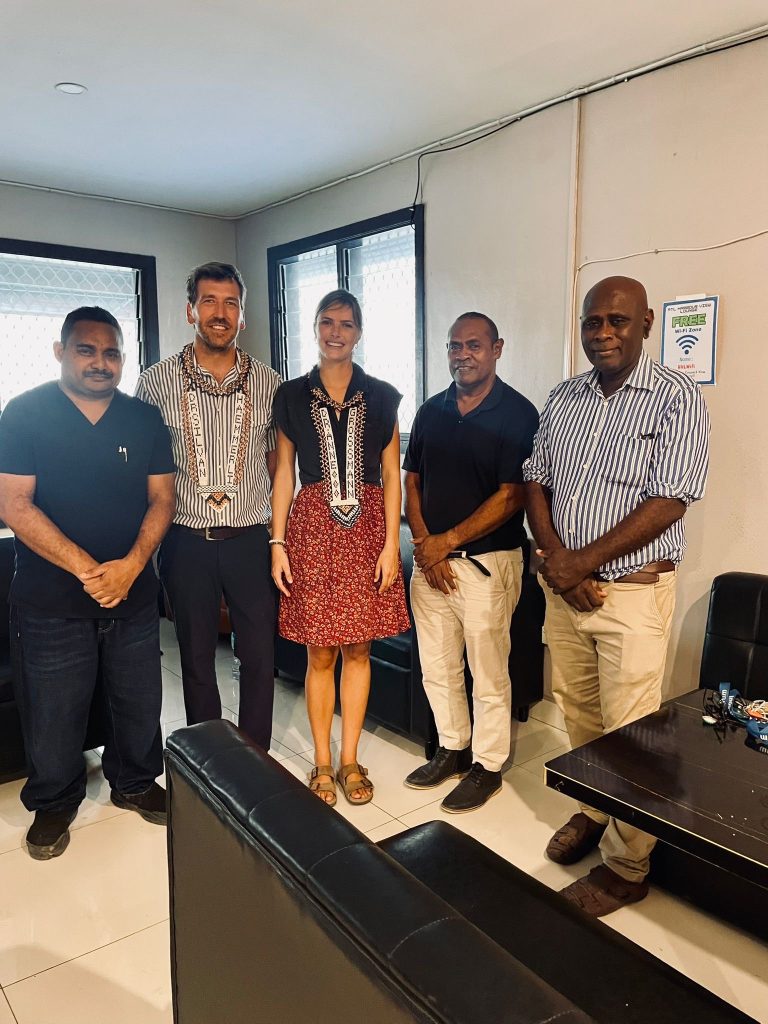
“Then one evening Silvan came home and said ‘I know where we are going. We are going to the Solomon Islands,” Dr Anne recalled.
Dr Oberli, who used to be the orthopaedic surgeon at the National Referral Hospital before the ethnic crisis, gave Dr Haemmerli the contact for the Head of Surgical Department at the National Referral Hospital Dr Rooney Jagilly.
Through email Dr Haemmerli offered his services and Dr Jagilly asked Dr Haemmerli if he could provide training in laparoscopy surgery.
Further emails were exchanged and in July this year, after a two day trip, Dr Haemmerli and Dr Grossman landed in Solomon Islands.
The couple spent the past four months visiting the islands and volunteering at the National Referral Hospital, Dr Grossman assisted our doctors with urology cases and Dr Haemmerli offering laparoscopy surgery and diagnostic laparoscopy training for our doctors at the Surgical Department – a service which the Surgical Department is now offering since Dr Haemmerli’s arrival.
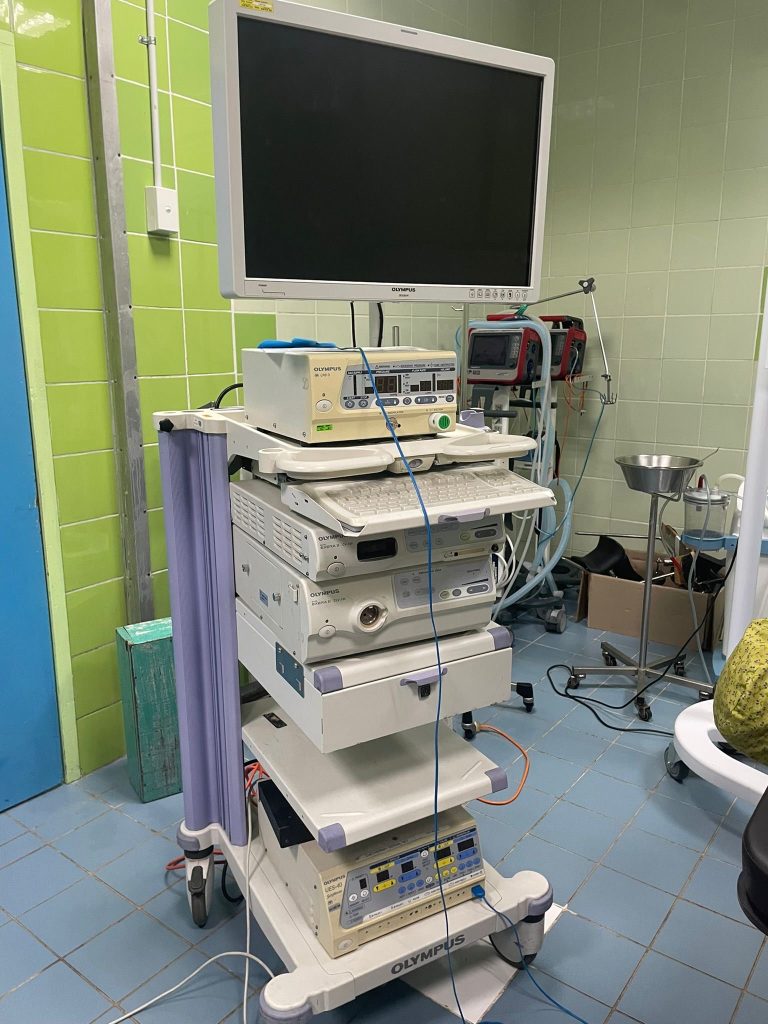
Laparoscopy is a minimally invasive surgical approach that uses small incisions and a specialized camera to perform procedures inside the body.
According to Dr Haemmerli, the laparoscopy surgery training he offered focused only on smaller cases like the removal of appendix and inflamed appendix or appendicitis, the most common surgery in abdominal surgery.
With diagnostic laparoscopy, he said doctors look inside the abdomen through a small cut and a camera to find a problem or collect a sample.
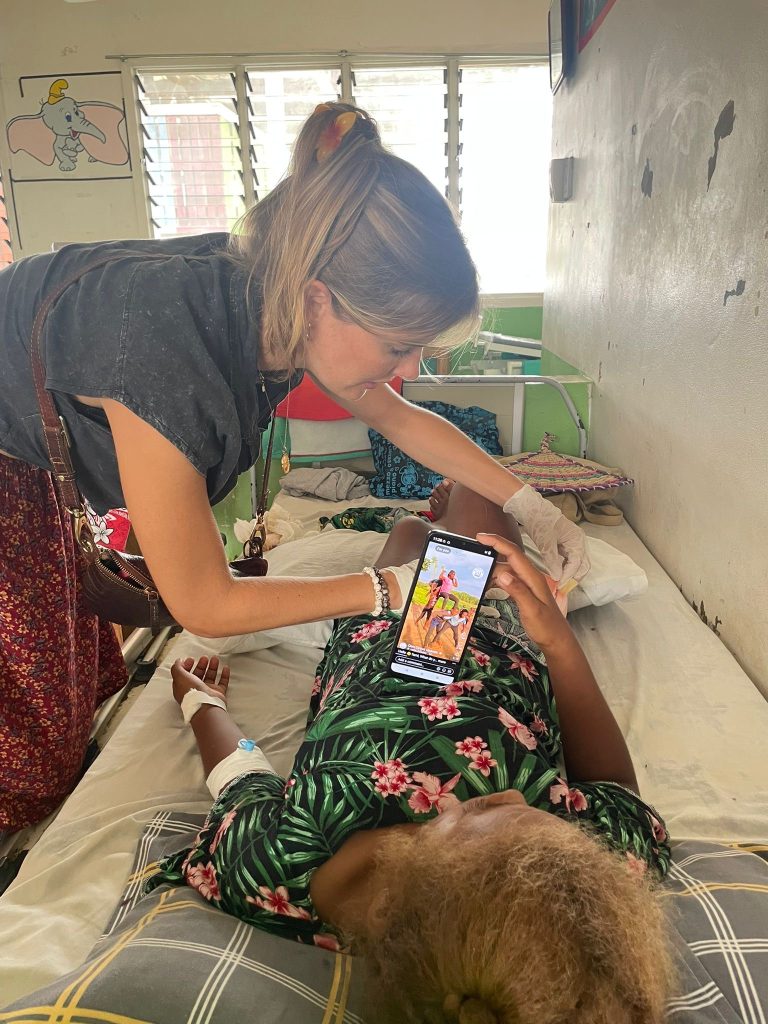
He said bigger cases like laparoscopic cholecystectomy (the removal of the gall bladder) will be introduced later because the hospital still needs instruments for these bigger surgeries.
Asked about the benefits of laparoscopy services at our national hospital, Dr Haemmerli said laparoscopy surgery has extremely good benefits.
“…for patients they are in a lot less pain and after the operation they recover much faster and also the hospital stay is much shorter so they usually go home only after two days instead of four or five days and being in the Solomon Islands and seeing the limited beds and space in the hospital I think this has an extreme impact on the health system here.”
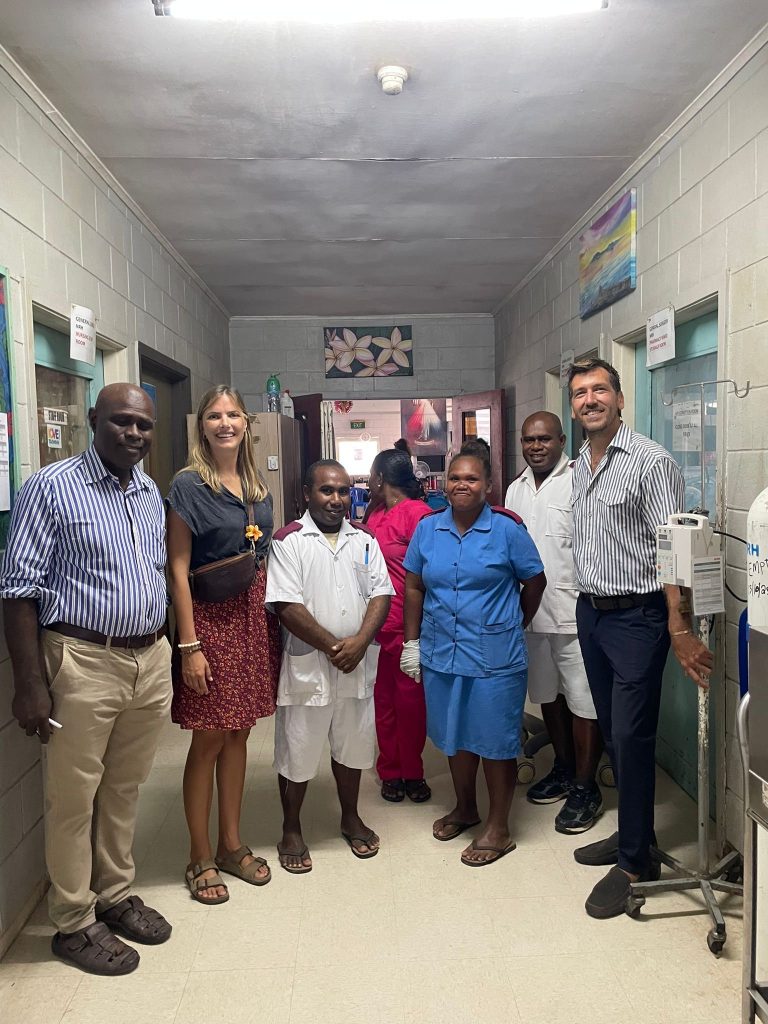
Dr Haemmerli has seen the need to continue such training and during their four months in Solomon Islands the couple created an organisation called Surgeons United.
Through this initiative and with secured funding Surgeons United will be able to bring in surgeons to Solomon Islands to offer training in laparoscopy as well as to empower surgeons in our country.
“I think the help that we can give is really important and also it is very useful to have somebody here and teach with the equipment that is already in the Solomon Islands,” Dr Haemmerli stated.
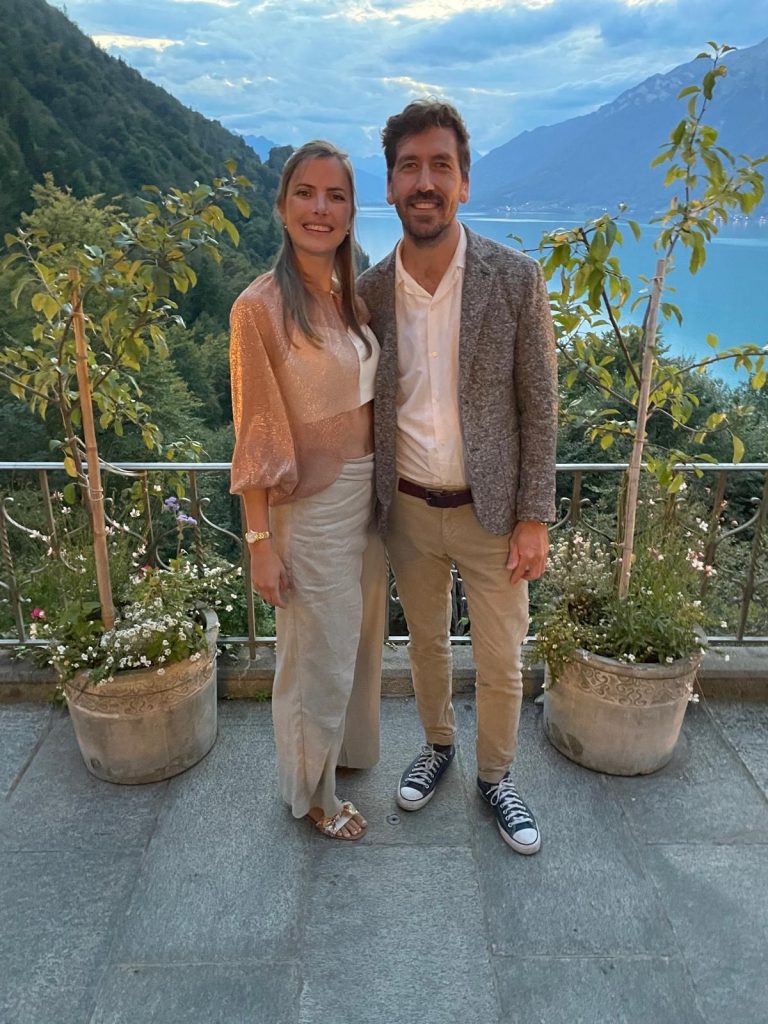
Since Dr Haemmerli’s training program, the surgical team at the National Referral Hospital were able to do 17 appendectomies conducted through laparoscopic surgery.
Thirty gall bladder cases have also been booked for Dr Haemmerli’s next trip.
“The plan is to come back at the beginning of next year and teach laparoscopic cholecystectomy and I’m sure after the 30 cases the doctors here will be able to do this procedure on their own,” Dr Haemmerli said.
The couple left Solomon Islands on Sunday 19th October thanking the Solomon Islands as a country and its people.
“Everybody was always so friendly and helpful so thank you for that.
“If any of my friends or colleagues asked me if I think it’s a good idea to come to the Solomons I would 100 percent recommend it.
“We have lost our hearts a bit to the Solomons. We have Solomonitis – the infection of Solomon Islands infecting you and you always wanting to come back,” Dr Grossman said with a smile.
Dr Haemmerli said: “The people of Solomon Islands are incredibly warm and friendly and this is what made us really want to come back.
“I am delaying starting work again in Switzerland to come back here because I think what we do with this project – minimal invasive surgery – will have a big impact and will really help a lot of people.”

